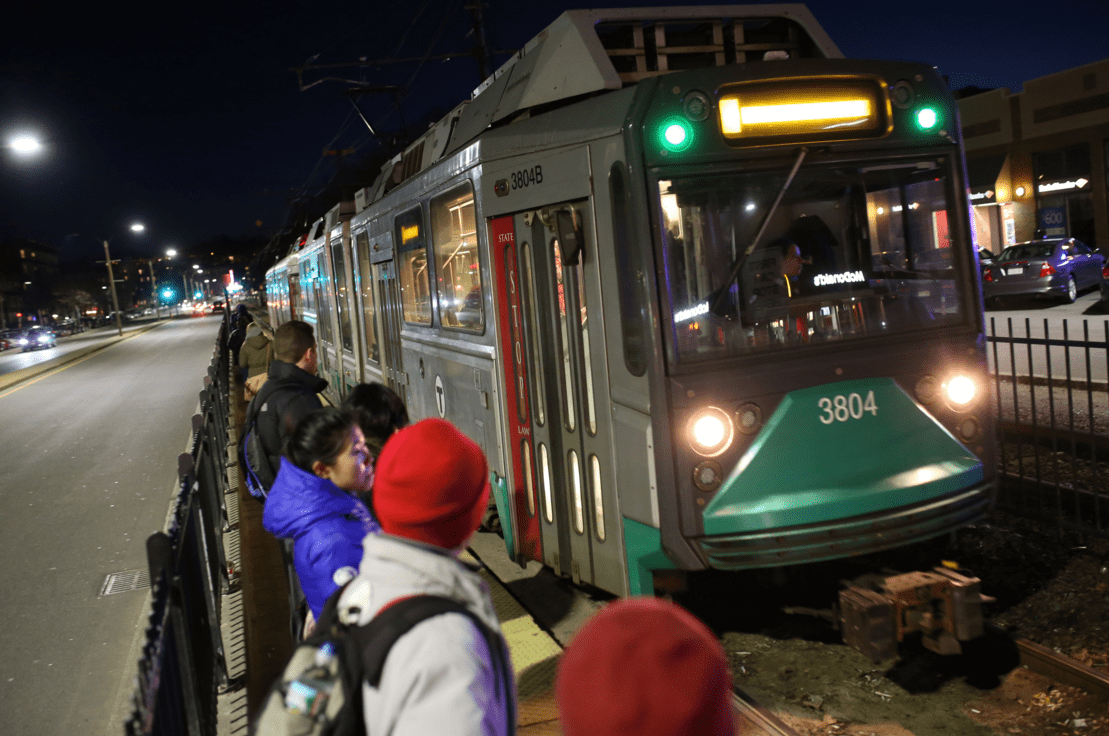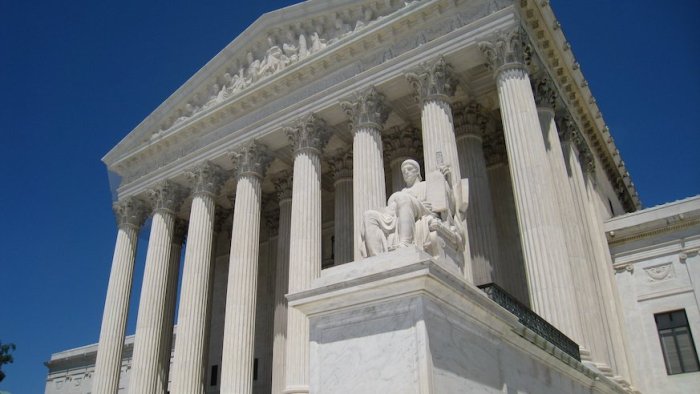The late-night T experiment is over.
The MBTA’s board on Monday voted 4-0 to end its program extending service on the T to 2 a.m. on Fridays and Saturdays.
The last night of extended hours is set for Friday, March 18 into the morning of Saturday, March 19.
Late night service also reduces the time crews have to make overnight repairs and conduct maintenance, board members have argued.
The issue was the topic of three hearings in recent weeks, but the T signaled it had either made up its mind or knew the end for the service was near when, earlier this month, schedules for T employees did not include late night hours in March. The Boston Globe first reported that discovery Feb. 15. RELATED: Meet the artist behind the new mosaic headed for South Station The T’s spokesman at the time said the omission was the most convenient way to schedule with a policy decision pending — it’s easier to add hours to an employee’s schedule than to take them away, Joe Pesaturo told the Globe. There were 80 people at the three hearings on the proposal in January. An additional 272 submitted comments online or over the phone, the T said.
The T has also said long-term private sponsorship for the extended service, once thought to be a way for the nightlife and hospitality industries to kick in, never materialized.
Service industry professionals who work late had been outspoken supporters of the late-night program.
“Though we are disappointed in today’s decision, we remain hopeful that the discussion will continue,” Bob Luz,president and CEO of the Massachusetts Restaurant Association said in a statement Monday.“It is important that we have safe, reliable transportation for our employees and guests as more and more residents and visitors ask for later night options from our businesses.” But for those workers, the T argued late-night service was “an insufficient transportation alternative” because the late rides were only available two nights a week for a combined three hours, according to the presentation. RELATED: Mass. senators take questions at Twitter Town Hall for millennials “Due to the overall fiscal situation of the MBTA, the T must prioritize investment in core services; accordingly, the T cannot continue to subsidize Late-Night service to such a significant extent due to the failure to attract both significant third-party funding and high ridership,” the report reads. This latest pilot program is meeting the same fate as the T’s so-called Night Owl bus service, which ran until 2:30 a.m. Launched in 2001, it was cancelled in 2005.
This may not be the end of MBTA-affiliated late-night service in Boston.
Boston bus-on-demand startup Bridj today went public with its plan to replace extended hours. The company has worked to position itself as a private supplement to the T’s offerings – showing up in recent months at meetings to pitch board members on a partnership. RELATED: Boston’s Bridj eyeing place in city’s transit future
“In the coming weeks late night service will likely be cut.The closure is a step backwards for the residents, students, visitors and businesses who make Late Night a core part of their lives,” the company wrote on a website it created, which is dedicated to the proposal. “If that cut happens, we’re ready to help.” Bridj also released a copyof its September, 2015 pitch to the T, in which it touts its fleet of small buses and its smartphone app. Bridj CEO Matthew George wrote in the document that the company was open to working “with existing transit, labor and other stakeholders.” Labor groups, particularly the local Carmen’s Union, have voiced opposition to efforts to privatize parts of the T.
 according to a recent report.
according to a recent report.
MBTA kills late-night service

Metro File

















